United States President-elect Donald Trump’s inauguration ceremony, originally planned for the Capitol steps, has been moved indoors to the US Capitol Rotunda due to sub-freezing temperatures expected in Washington, DC.
This marks the first time in 40 years that a presidential swearing-in will occur indoors.
The US National Weather Service predicts temperatures around 22 degrees Fahrenheit (−6 Celsius) at noon on Monday, accompanied by strong winds, making it one of the coldest Inauguration Days on record.
Trump addressed the decision on Truth Social, stating, “The weather forecast for Washington, DC, with the windchill factor, could take temperatures into severe record lows. I don’t want to see people hurt or injured in any way.”
The last indoor inauguration occurred in 1985, when US President Ronald Reagan’s second term began amid temperatures as low as 7 degrees Fahrenheit (−14 Celsius).
What has changed?
The move to the Capitol Rotunda significantly limits the number of attendees. The Rotunda can hold approximately 700 people and will be reserved for members of Congress, their spouses, and other VIPs.
Most of the 220,000 ticketed guests who had planned to attend the outdoor event will no longer have access, with their tickets becoming commemorative keepsakes instead.
In a notice to ticket holders, the Joint Congressional Committee on Inaugural Ceremonies confirmed that most spectators will need to watch the ceremony from designated indoor venues.
Capital One Arena, which has a capacity of just over 20,000, will be available for live viewing. Trump’s presidential parade, traditionally held outdoors along Pennsylvania Avenue, will also be relocated to the arena.
What is the new security plan?
The decision to move the ceremony indoors has prompted significant changes to security arrangements. Originally, over 30 miles of fencing and multiple security checkpoints were planned to manage the outdoor crowd, expected to exceed 250,000.
Now, law enforcement agencies, including the US Secret Service and Capitol Police, are adapting these plans to the indoor setting.
Alexi Worley, a spokesperson for the agencies overseeing the event, stated, “The US Secret Service is working closely with Trump’s inaugural committee and the congressional committee to adapt our security plans as needed due to the expected inclement weather.”
While an indoor event reduces some security challenges, it also limits crowd capacity, leaving many live attendees disappointed.
How has weather affected past inaugurations?
Washington’s weather has played a pivotal role in past inaugurations. US President John F Kennedy took the oath of office in 1961 under 22-degree temperatures, delivering his famous speech with his breath visible in the cold air.
Similarly, William Howard Taft’s 1909 inauguration was moved indoors due to 10 inches of snow. US President William Henry Harrison’s 1841 inauguration in cold, wet weather, without proper clothing, is believed to have contributed to his death from pneumonia just a month later.
Trump acknowledged these concerns, stating, “I don’t want to see people hurt, or injured, in any way. It is dangerous conditions for the tens of thousands of law enforcement, first responders, police K9s, and even horses, and hundreds of thousands of supporters that will be outside for many hours on the 20th (In any event, if you decide to come, dress warmly!).”
What comes next?
Despite the changes, Trump’s inaugural events will proceed with some modifications. A rally planned for Sunday at Capital One Arena remains on schedule, as do three inaugural balls on Monday night. Trump also plans to join the crowd at the arena following his swearing-in.
The Joint Task Force-National Capital Region is working to finalise adjustments for the parade and other inaugural activities. Marching bands and participants from across the country are expected to take part in the revised celebrations inside the arena.
For spectators unable to attend in person, organisers recommend tuning in to live broadcasts or attending designated indoor viewing venues.
Trump said on Friday that other inaugural events, including the Sunday rally and his participation in three inaugural balls on Monday night, would take place as scheduled.
With inputs from agencies


)
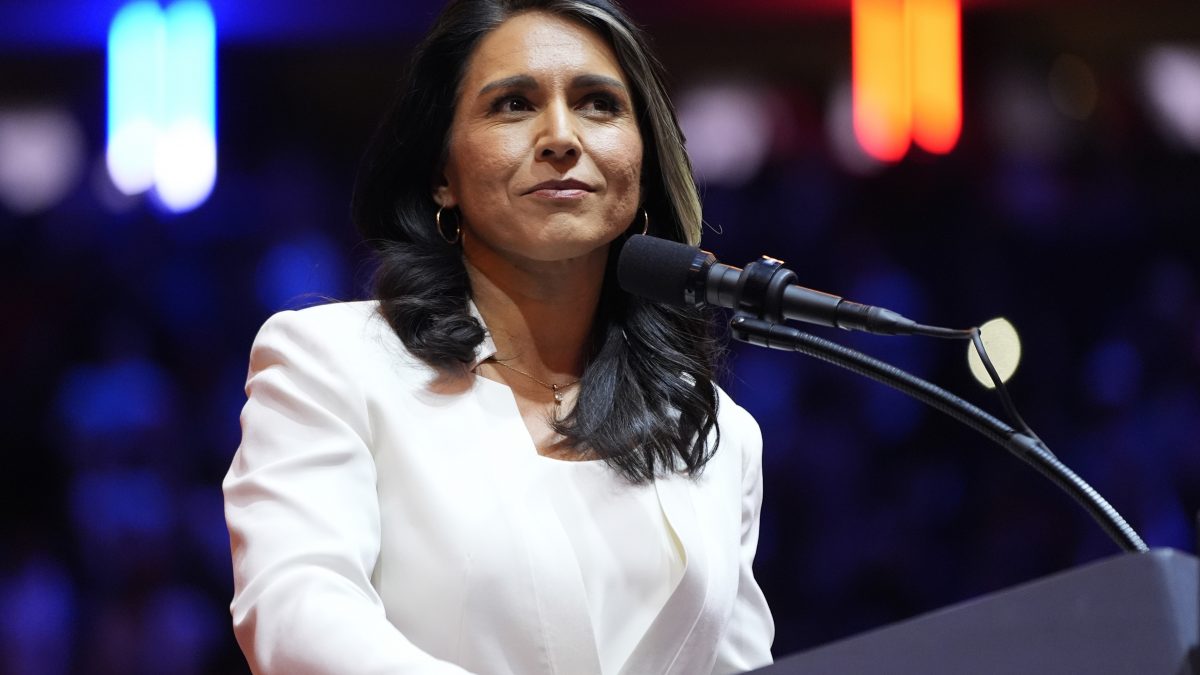)
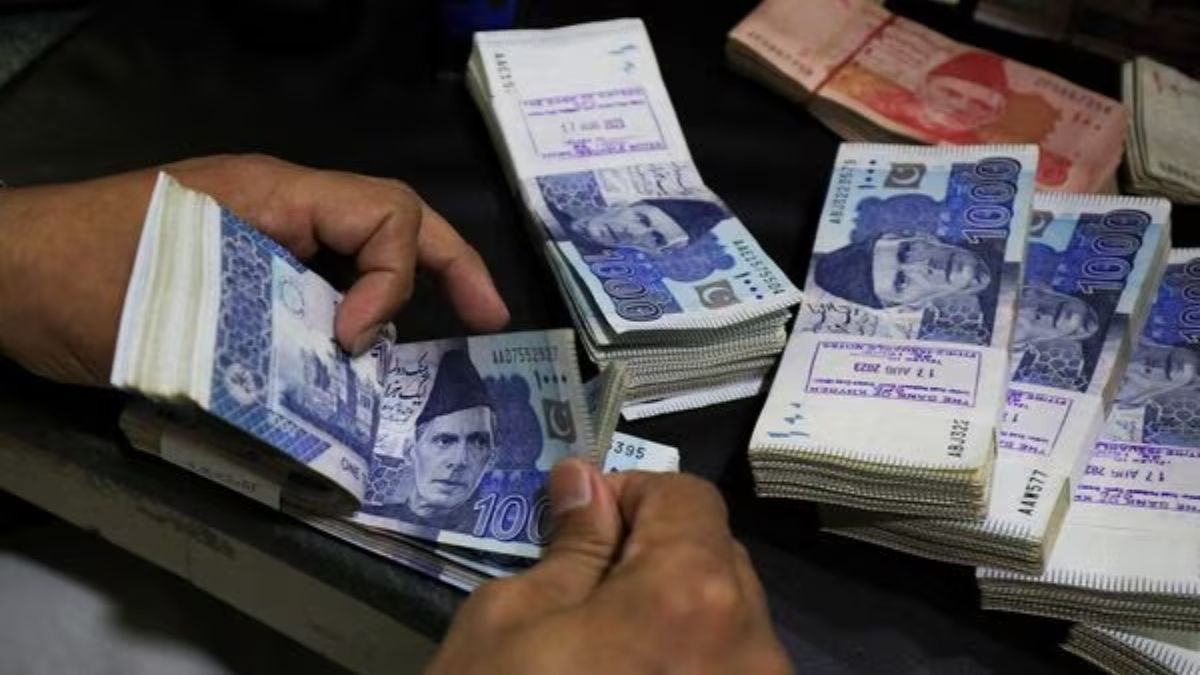)
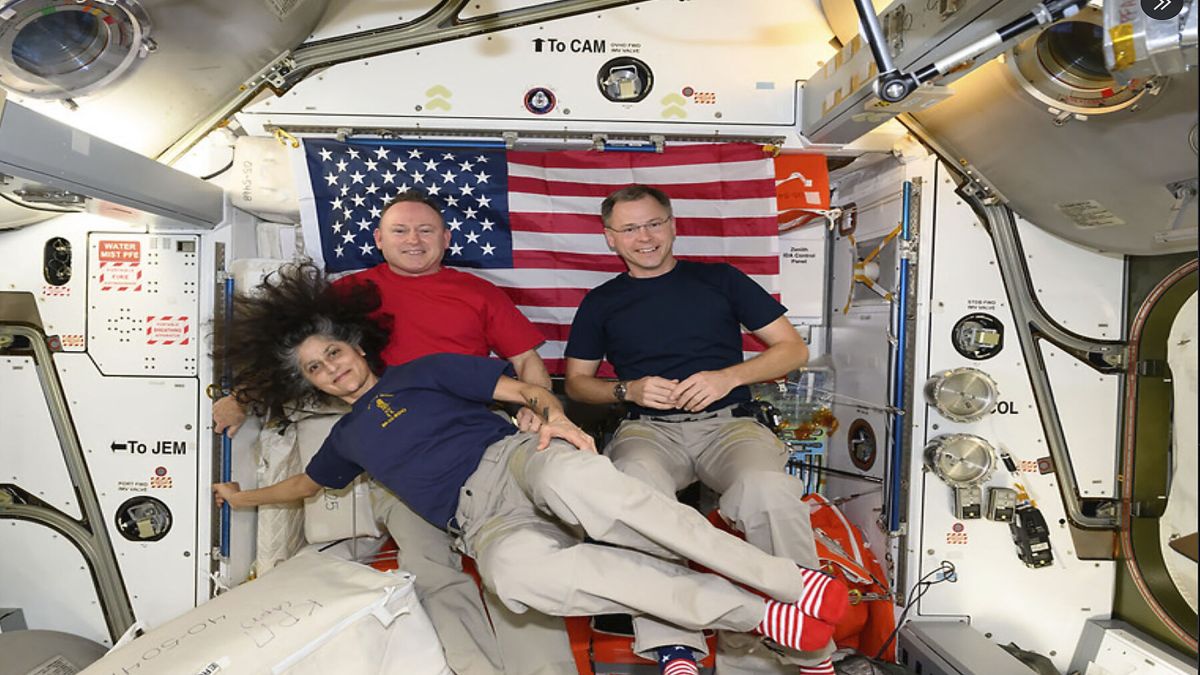)
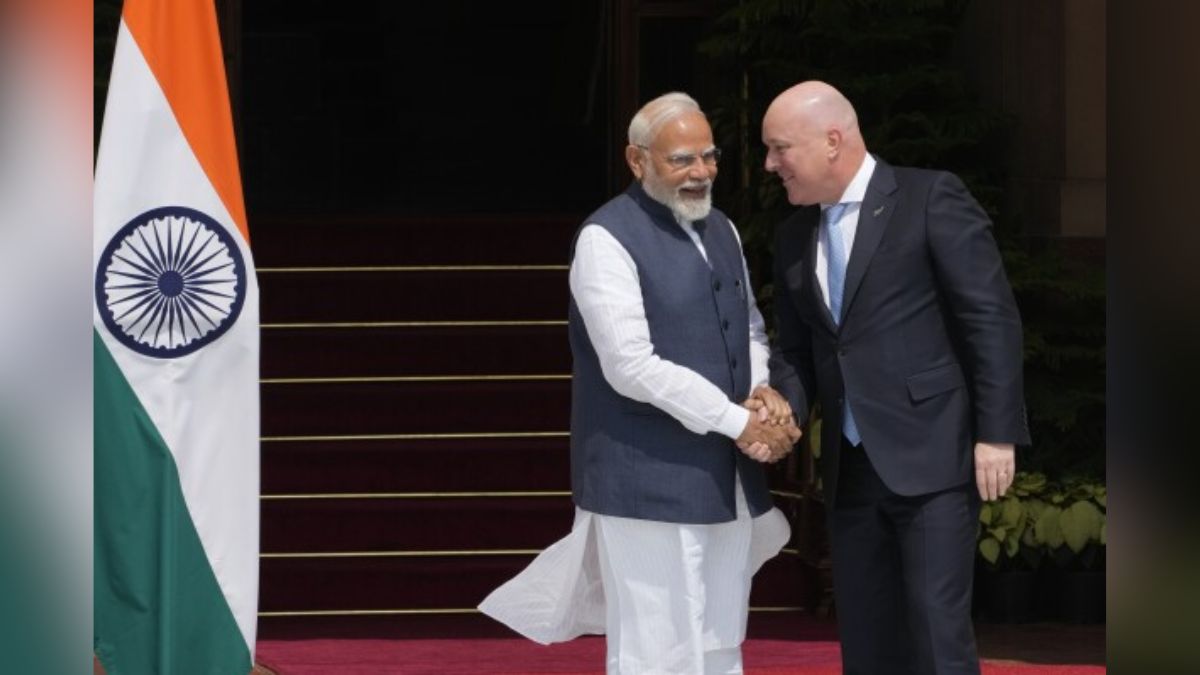)
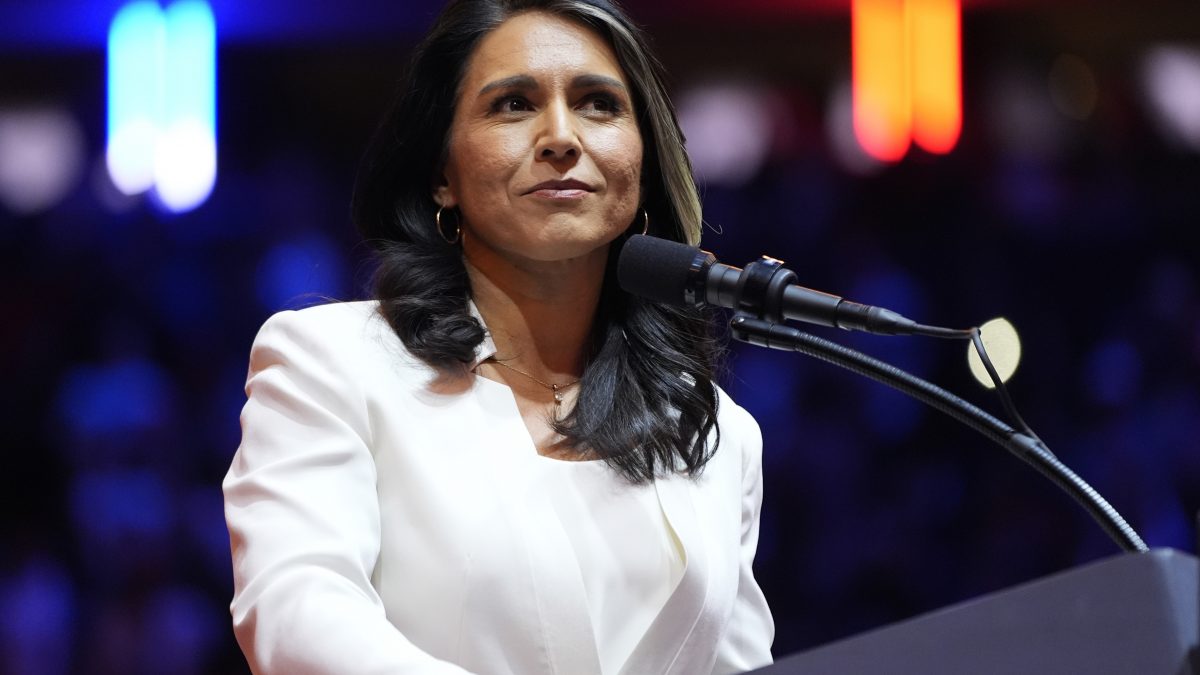)
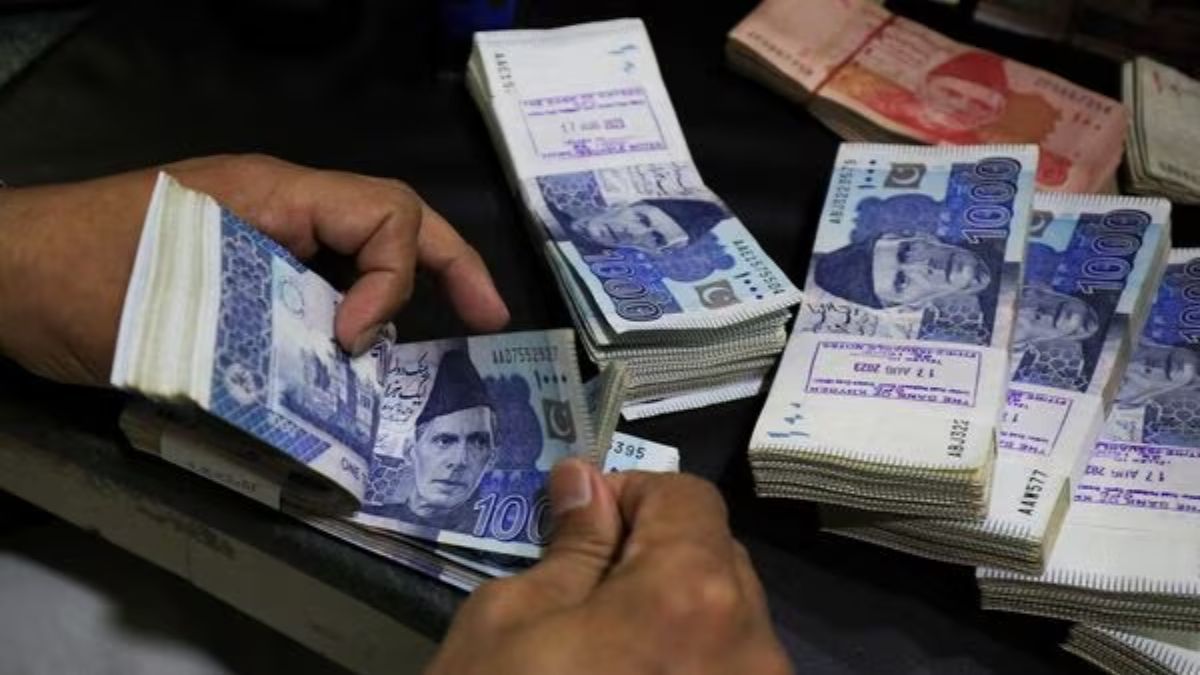)
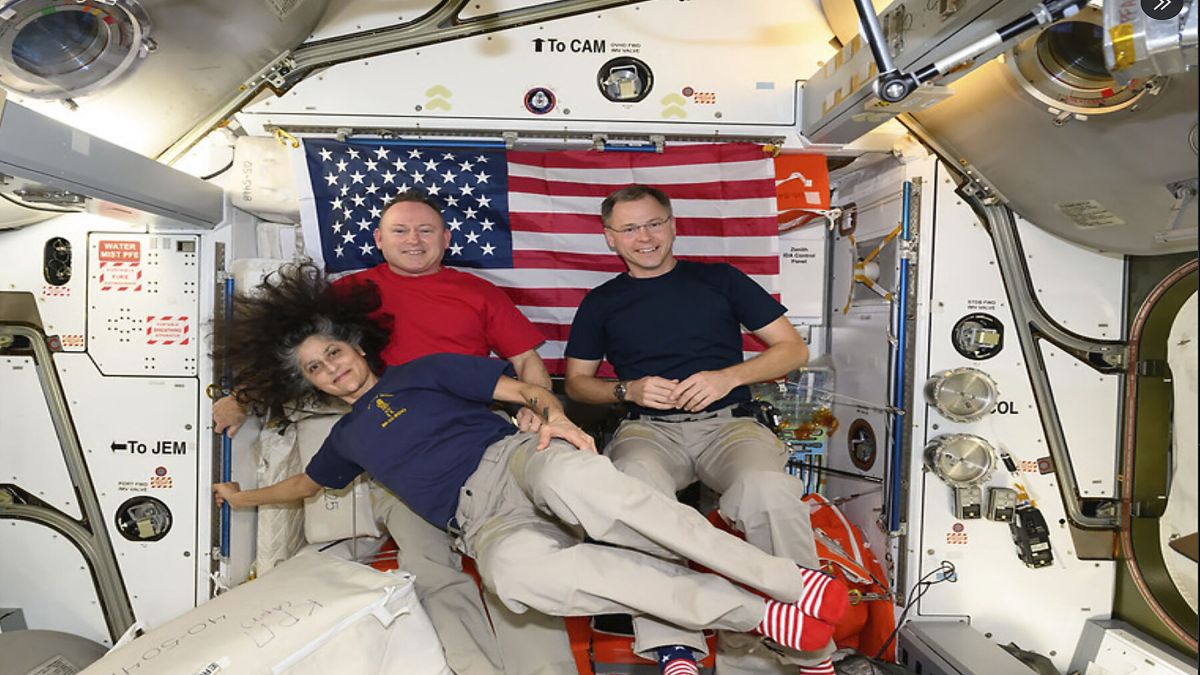)
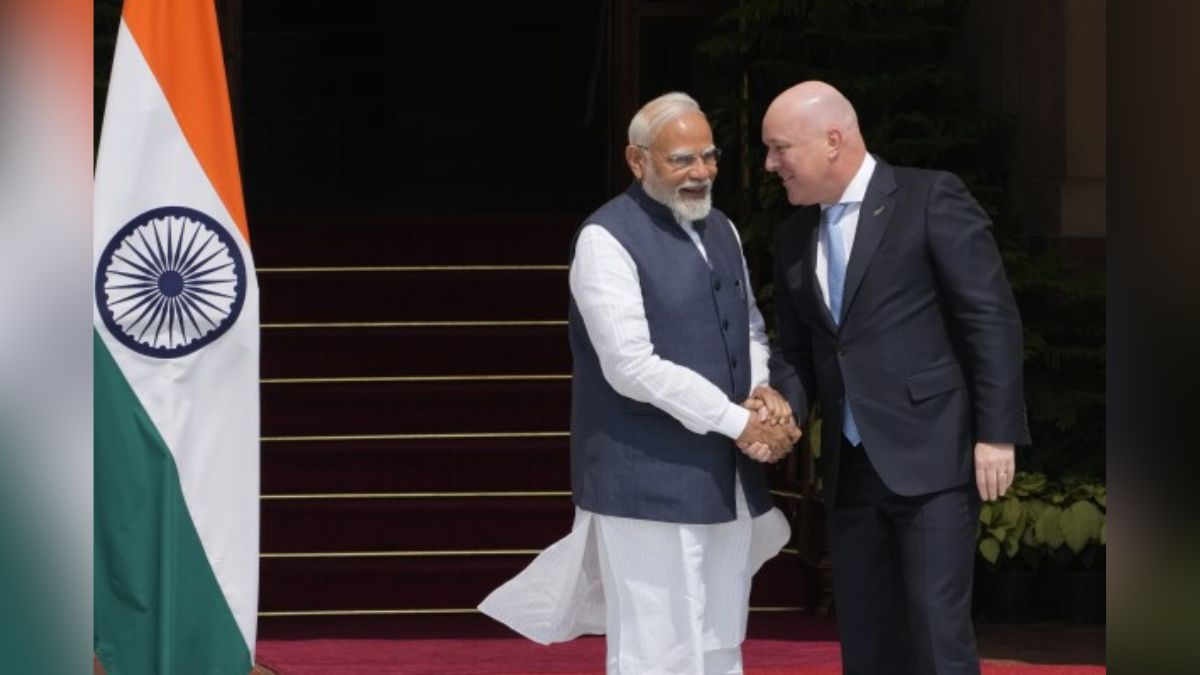)



